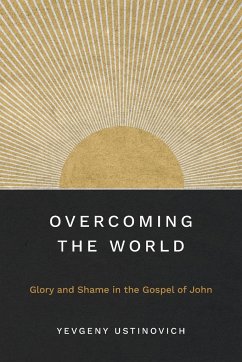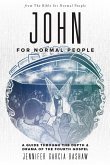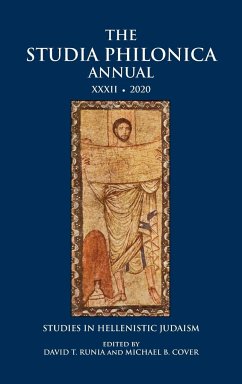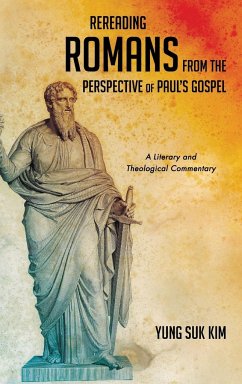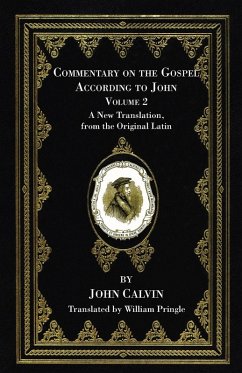From the first century to the twenty-first, Christians have never been immune to persecution, displacement, or trauma. However, by following Jesus's example in the Gospel of John, and rooting themselves in their identity as children of God, they can experience God's power to transform shame into glory. In the Gospel of John, Jesus experiences extreme forms of humiliation, rejection, and suffering. Yet, in sharp contrast to those around him, he seeks and sees God's glory in everything he does and everything that is done to him. Beginning with this reality, Yevgeny Ustinovich examines how the Fourth Gospel invites Christ's followers into this same way of seeing, where the glory of God is found even in the most difficult of circumstances. He explores the relevance of this invitation for the contemporary church, as it seeks to minister to victims of war, abuse, persecution, and other forms of violence. A powerful resource for dealing with trauma as a Christian community, this book offers its readers a deeper understanding of the Gospel of John, Christian identity, and the role of suffering in the Christian life.

